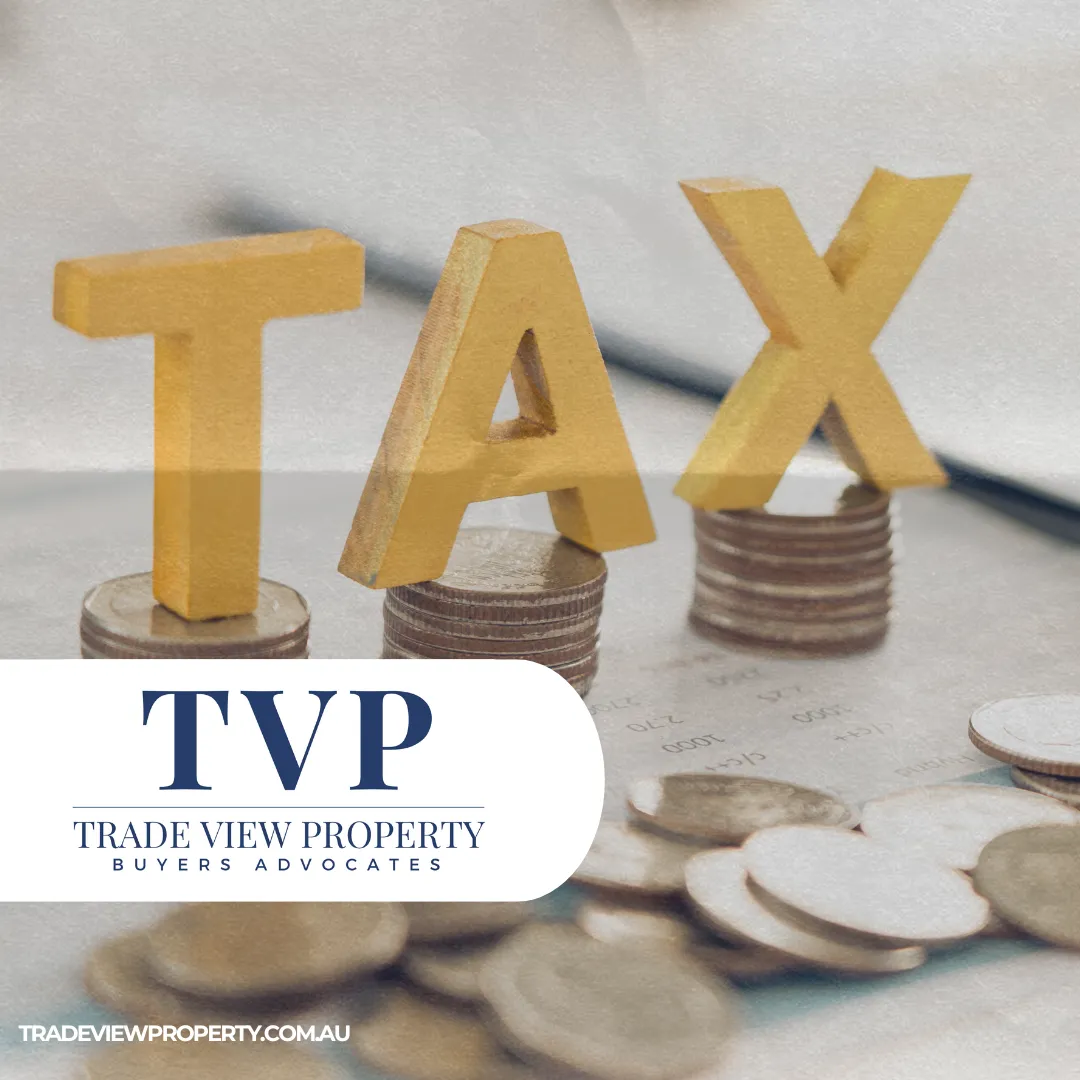
Area Insights

Understanding Property Taxes and Expenses in Australia: What Every Investor Should Know
Understanding Property Taxes and Expenses in Australia: What Every Investor Should Know
Great investors don’t just make investments; they understand them. Learn about property taxes and expenses to maximise your returns. 📊💡
Introduction: Navigating Property Taxes and Costs
Investing in property in Australia involves various taxes and expenses that can significantly impact your profitability. Understanding these costs will help you budget effectively and maximise your returns. Here is some insight to the key property taxes and expenses every investor should know, from stamp duty and land tax to ongoing costs like property management and maintenance.
1. Stamp Duty: A Major Upfront Cost
Stamp duty is a state tax levied on property purchases.
Understanding Stamp Duty Rates: Stamp duty rates vary by state and depend on the property value, type, and whether you are a first home buyer or investor.
Exemptions and Concessions: Some states offer stamp duty concessions or exemptions for first home buyers or off-the-plan purchases.
Calculating Stamp Duty: Use online stamp duty calculators to estimate the cost for your property purchase.
Action Step: Research the stamp duty rates and concessions applicable in your state to factor into your budget.
2. Land Tax: An Ongoing Annual Cost
Land tax is an annual tax levied by state governments on property owners.
Who Pays Land Tax?: Land tax is generally payable on investment properties and holiday homes but not on primary residences.
How Is Land Tax Calculated?: The tax is based on the unimproved value of the land and varies by state.
Land Tax Thresholds and Exemptions: Each state has different land tax thresholds, rates, and exemptions.
Action Step: Check the land tax rules in your state to understand how it will affect your investment returns.
3. Council Rates and Utility Charges
Council rates and utility charges are regular expenses that property investors must account for.
Council Rates: These are local government taxes that fund community services like waste collection and road maintenance.
Utility Charges: Investors may need to cover utility connection fees and service charges for water, electricity, and gas.
Budgeting for Rates and Utilities: Rates and charges vary by location and property size, so budget accordingly.
Action Step: Contact your local council to determine the rates and utility charges for properties in your chosen area.
4. Property Management Fees
Hiring a property manager can save time but comes at a cost.
Understanding Property Management Fees: Typically, property managers charge a percentage of the rental income (5-10%), plus additional fees for services like lease renewals or advertising.
Weighing the Benefits: Consider the convenience and expertise offered by a property manager against the cost.
DIY Management: For hands-on investors, managing the property themselves may save money but requires time and effort.
Action Step: Compare property management fees from different agencies and assess their services.
5. Maintenance and Repairs: Keeping Your Property in Shape
Regular maintenance and repairs are essential to keep your property in good condition and maintain its value.
Routine Maintenance: Budget for routine maintenance costs, such as gardening, cleaning, and pest control.
Unexpected Repairs: Set aside a contingency fund for unexpected repairs like plumbing or electrical issues.
Depreciation and Tax Deductions: Certain maintenance and repair costs may be tax-deductible; consult with an accountant to maximise deductions.
Action Step: Create a maintenance plan and budget to ensure your property remains in top condition.
6. Insurance: Protecting Your Investment
Property insurance is a critical expense that protects against unforeseen events.
Types of Insurance: Consider landlord insurance, building insurance, and contents insurance, depending on your property type and circumstances.
Shop Around: Compare policies and premiums to find the best coverage at a reasonable price.
Tax Benefits: Insurance premiums are usually tax-deductible for investment properties.
Action Step: Obtain multiple quotes and choose a policy that provides comprehensive coverage.
Conclusion: Plan for All Property Expenses
Understanding the various taxes and expenses associated with property investment in Australia is essential for effective budgeting and maximising returns. By planning for these costs, you can ensure your investment remains profitable and sustainable.
I hope this gives some valuable insight to property taxes and expenses, as always work with your accountant for advice tailored to you. If you're ready to add a high performing asset to your portfolio, get in touch with Trade View Property.







